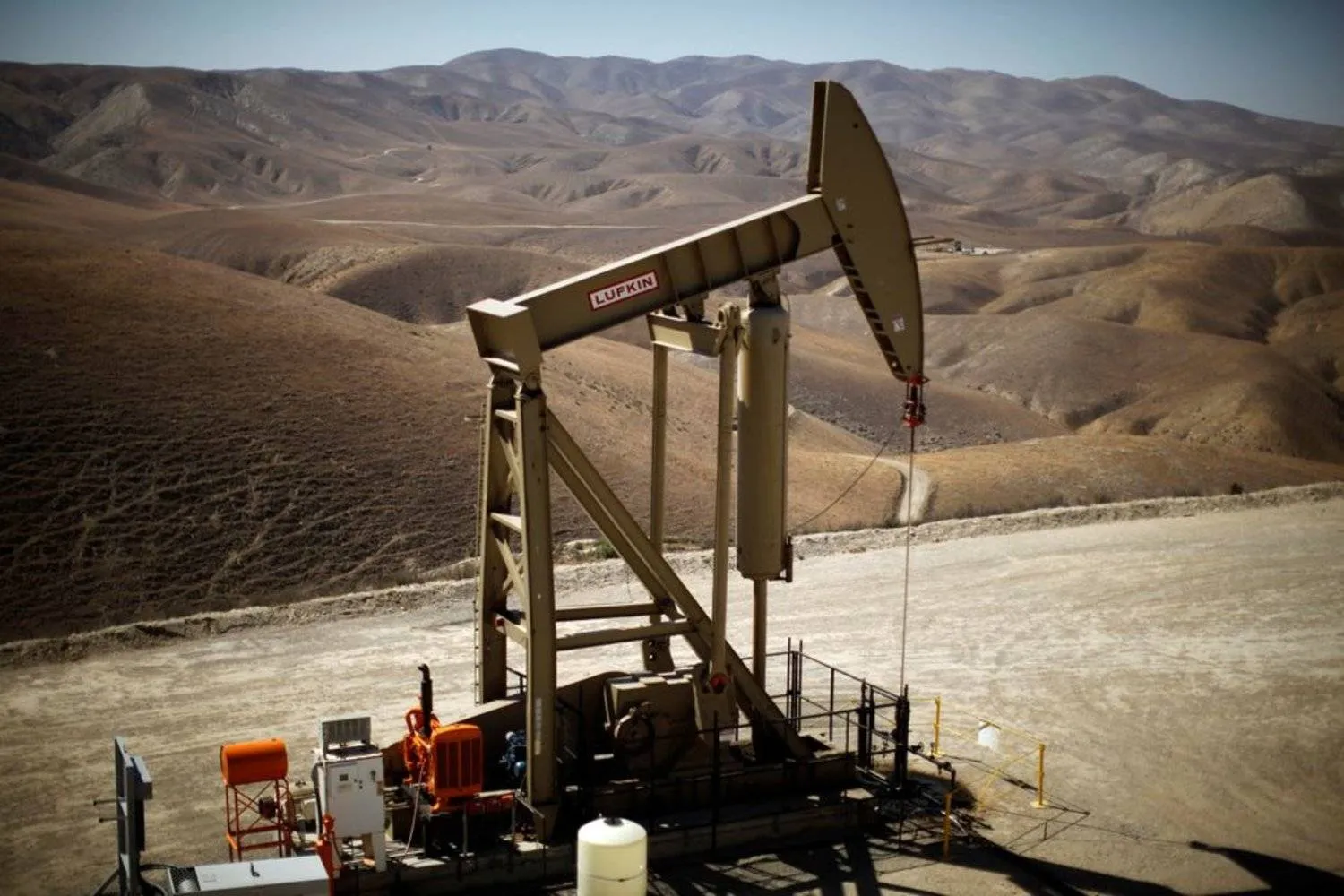Oil prices were little changed on Friday, staying on track for weekly gains, with tensions persisting in the Middle East after Israel rejected a ceasefire offer from Hamas.
Brent crude futures slipped 1 cent to $81.62 a barrel by 0334 GMT, while US West Texas Intermediate crude futures rose 3 cents to $76.25 a barrel.
Both benchmarks rose about 3% in the previous session as Israeli forces bombed the southern border city of Rafah on Thursday after Prime Minister Benjamin Netanyahu rejected a proposal to end the war in the Palestinian enclave.
The tensions have kept oil prices elevated, with Brent and WTI both set to gain more than 5% for the week, Reuters said.
"The move yesterday seemed a bit excessive on the back of not very much at least in terms of fundamentals," ING's head of commodities research Warren Patterson said.
"I still expect the rangebound trading that we have become accustomed to recently will continue given the comfortable oil balance."
US officials made their most pointed criticism so far of Israel's civilian casualties in Gaza as it turned the focus of its offensive to Rafah.
A Hamas delegation arrived in Cairo on Thursday for ceasefire talks with mediators Egypt and Qatar.
While the conflict has propped up prices, there has been no impact on oil production.
Non-OPEC output from Norway and Guyana is increasing while Russia is exporting more crude in February than it planned following a combination of drone attacks and technical outages at its refineries that could undermine its pledge to curb sales under an OPEC+ pact.
Under the deal with the Organization of the Petroleum Exporting Countries and allies, called OPEC+, Russia committed to capping crude output at 9.5 million barrels per day (bpd). It is also voluntarily cutting crude exports by 300,000 bpd and fuel exports by 200,000 bpd from the average May-June level.
Deflation risks in China, the world's top crude oil importer, are also weighing on global oil prices, IG analyst Tony Sycamore said.
"I think the lower crude oil price in Asia is largely due to early weakness in China's equity markets and the fallout from yesterday's shocking CPI figure in China which has served to further undermine confidence ahead of the Lunar New Year celebrations," he added.
Oil Heads for Weekly Gains after Israel Rejects Ceasefire Offer

A pumpjack brings oil to the surface in the Monterey Shale, California, US April 29, 2013. REUTERS/Lucy Nicholson/File Photo

Oil Heads for Weekly Gains after Israel Rejects Ceasefire Offer

A pumpjack brings oil to the surface in the Monterey Shale, California, US April 29, 2013. REUTERS/Lucy Nicholson/File Photo
لم تشترك بعد
انشئ حساباً خاصاً بك لتحصل على أخبار مخصصة لك ولتتمتع بخاصية حفظ المقالات وتتلقى نشراتنا البريدية المتنوعة







